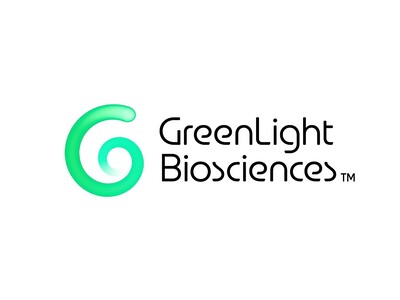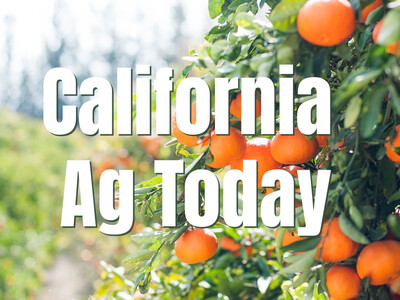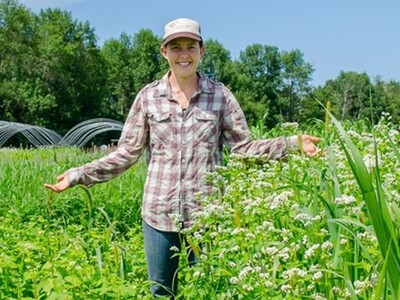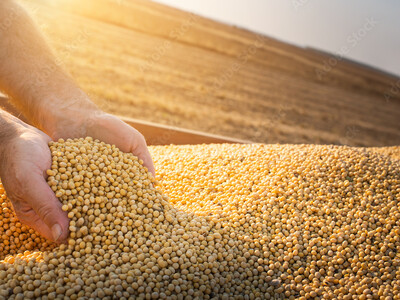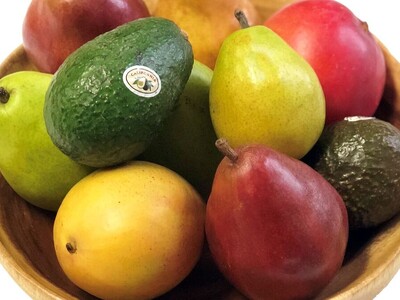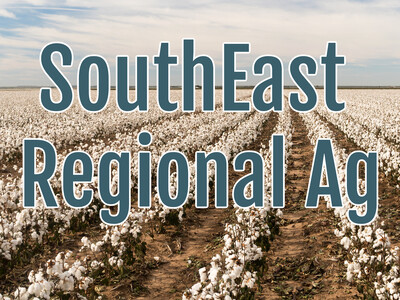Organic Trade Requirements & DOE Penalty Totals
To comply with the new United States European Union Organic Trade Partnership U.S. apples and pears must be produced without antibiotics, and products must travel with an EU import certificate completed by a USDA-accredited certifying agent. Also, products must either be produced within the U.S. or have had the final stage of processing and packaging occur within the U.S. The Washington State Department of Agriculture’s Organic Food Program upholds the integrity of the organic label through certification and inspection of organic crops, livestock producers, processors, handlers and retailers. The WSDA Organic Food Program is distinguished as being the oldest and largest state organic certification agency in the U.S. WSDA Director Dan Newhouse talks about the growth of the organic food industry.
NEWHOUSE: Well, you know, it’s not a fad. It truly is something that consumers have proven it to be something that they desire, something they want, are interested in, and we continue to see those kinds of markets grow. And we in the state of Washington have really one of the premier organic industries in the country.
During the first quarter of 2012, the Washington Department of Ecology issued over $222 thousand in penalties for violations of federal or state clean air, water and soil laws. DOE does not benefit from penalty payments. Final penalty amounts collected are deposited into special accounts that go to pay for environmental restoration and enhancement projects, permitting and regulatory programs, research and development, and education and assistance.
I’m Lacy Gray and that’s Washington Ag Today on the Northwest Ag Information Network.




